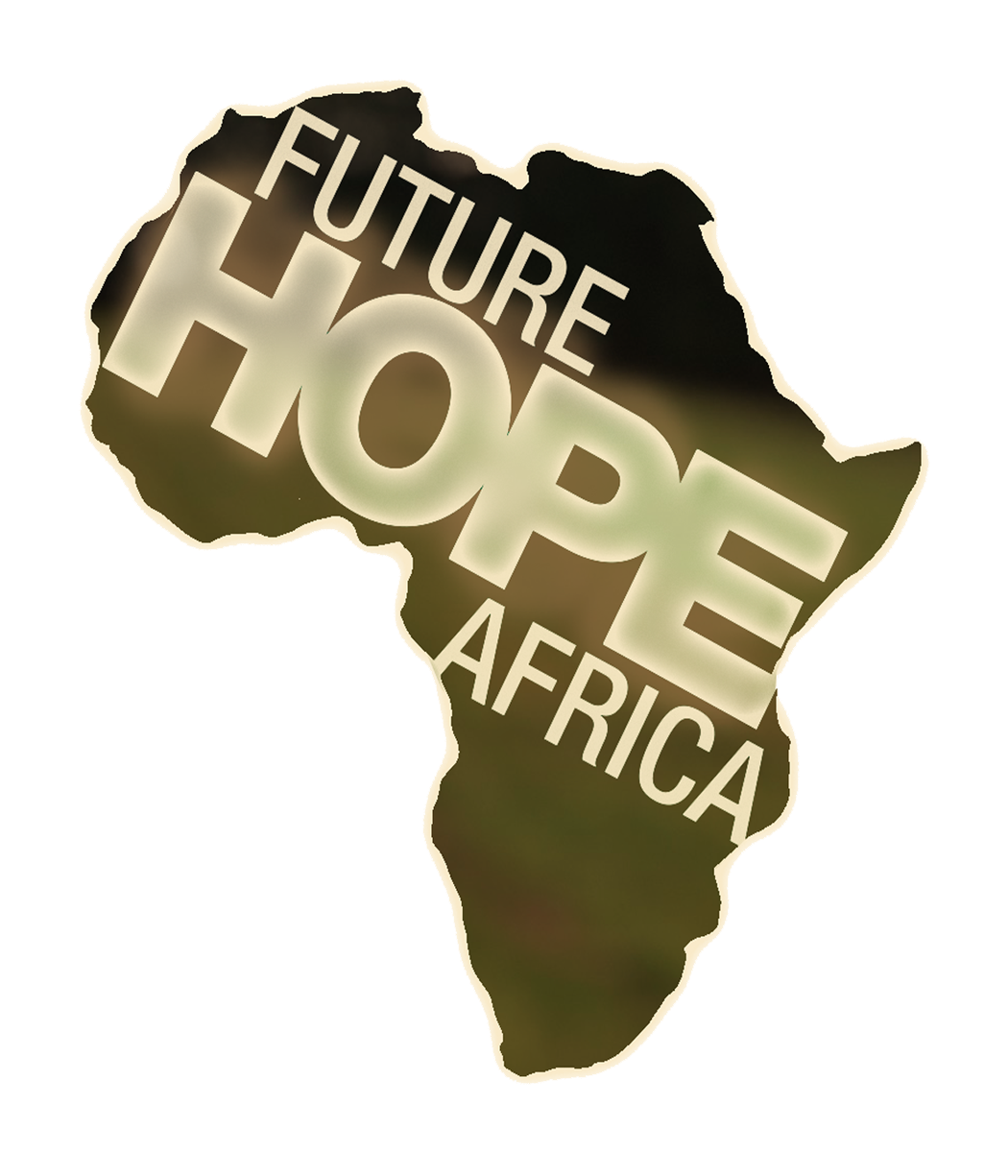Kanega signed up to cook. Instead, he became a fisher of men.
Will you help us pass the baton of hope to the next generation?
It all started with boiling water.
In the 1950s, a Congolese man named Zabulon Kanega applied for a job as a cook for a Swedish missionary family in a remote part of the nation.
He got the job – and a whole lot more than he could have imagined.
Sixty years later, after numerous seemingly unrelated events guided by the hand of God, Kanega’s life has created a legacy through Future Hope Africa:
Children are excelling in school.
Entrepreneurs are starting businesses and supporting their families.
Students with no hope of attending college are receiving the resources to continue their education.
And, most importantly, people of all ages are being reminded – or learning for the first time – of their need for a Savior.
It all started with Zabulon Kanega.
From cooker of fish to a fisher of men
As he kindled a hot stove in central Africa, Kanega had no idea of what was ahead. And neither did the Swedes. But as they got to know him, these Europeans saw in Kanega what Jesus saw in men like Peter: an ordinary man with extraordinary potential.
They not only employed Kanega, they invested in his life. As a result, he put his faith in Christ and became an eager disciple. Kanega received a Biblical education, delighting in the word of God and the Gospel.
“If the journey had ended there, it would have been a success story in world missions. Yet it was only beginning.”
In the Gospel of Luke, the disciples spoke of “hearts burning within” as they encountered the risen Christ. Kanega, too, had a fiery passion for the savior. With the encouragement of the Swedes, this cook-turned-evangelist began preaching in the wilds of Congo and leading people to Jesus. He started a church with these new believers – a congregation that ultimately reached 2,000 – in Bukavu. In the early-1990s, services were often held outdoors because the walls couldn’t contain everyone.
At that time, many youth – including a young woman named Nabinbtu – came to faith in Christ in what has been called a historic spiritual revival.
A refugee camp in the eastern Democratic Republic of the Congo, 1994. Photo: U.S. Archives.
Conflict is overcome by hope
Yet the time of peace did not last.
When armed conflict broke out in the mid-1990s, many fled Congo – and with good reason: Lives were at stake. But Kanega stayed at his post in Bukavu. He not only ministered to his neighbors, but welcomed refugees from Rwanda. His life was threatened. But he stayed put.
“These are my sheep, I cannot leave,” he said.
In 2005, one of the Congolese who returned from abroad was Nabintu (Bintu) – Kanega’s daughter and youngest child. The violence of the nation had led her to Kenya, back to Congo and then to Belgium to study.
Bintu was struck by the devastation that had ravaged her once vibrant city.
As she sought out familiar places, Bintu visited a school next to her father’s church. The first thing she noticed was a complete lack of books. Teachers did their best to educate children but had an extreme scarcity of resources. This meant students were at risk of failing and falling into a life of destitution and despair.
People everywhere had a poverty of hope. Their only ambition was to leave the country. Yet there was one person who was not leaving: Bintu. The legacy of her father and the calling of God led her to stay and serve.
“I thought, ‘I may not be able to do much, but I’ll do something,’” she said.
First came a library. Then came tables and chairs.
Soon, an international coalition of friends from Belgium and the United States joined to form a non-profit to support the work.
The Future Hope Africa Kanega Education Center, Bukavu, Democratic Republic of the Congo
Kanega’s legacy … and yours
Although Kanega passed away in 2015, his legacy lives on in the Kanega Education Center, an after-school resource and library that serves a city of nearly 1 million people. He also lives through Bintu and the work of Future Hope Africa as it rescues children and families from poverty through its lending library, tutoring, scholarships and business education.
The story of Kanega is inspiring. But if we look closer, it’s bigger than we can imagine:
Someone introduced the Swedes to Christ and instilled the value of mission.
The Swedes left a legacy in Kanega.
Kanega left a legacy through Bintu and numerous others.
Bintu is mentoring teachers and students, who will in turn build into still more lives.
It’s a chain that can continue unbroken. And you can be a part of it.
Will you help us continue this legacy by praying and financially supporting the work of Future Hope Africa?
You can contribute monthly or toward special projects. We’d love to hear from you and – if possible – meet with you as well.
Imagine the possibilities.




